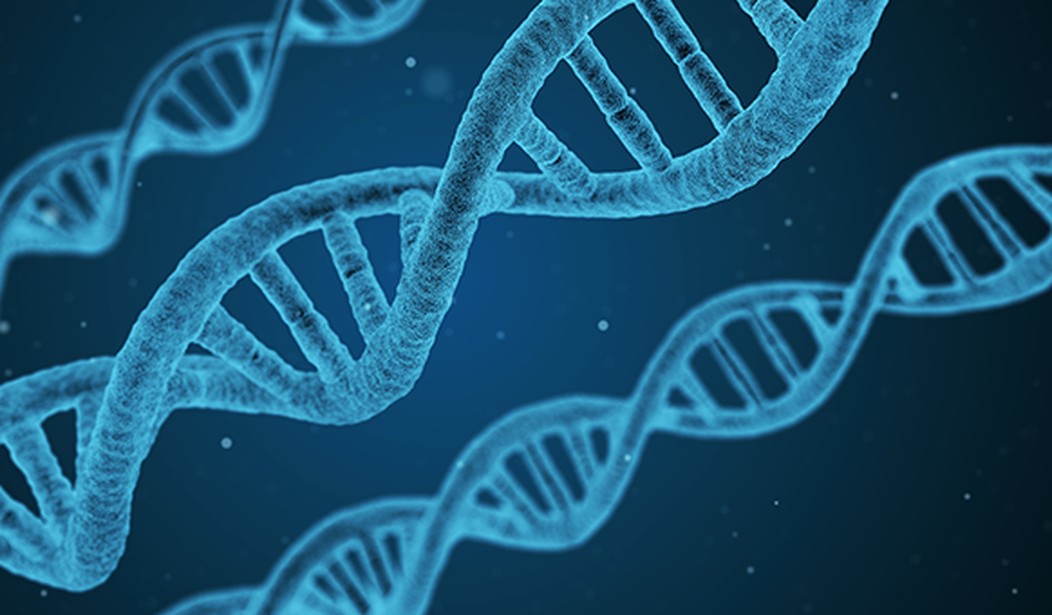The Covid-19 “lab leak” theory was first denounced as a fringe conspiracy theory—one Facebook and other Big Tech and social media giants were quick to suppress. Those policies changed over a year after the pandemic started when it was reported that three scientists at the Wuhan Institute of Virology were hospitalized with symptoms consistent with the virus in late 2019, prompting investigations in Washington. The World Health Organization also warmed up to the possibility and opened an investigation looking at “new evidence” of the lab leak origin theory. Regardless of whether Covid’s origins are ever confirmed, one reality the pandemic made clear is how pathogens can upend every facet of life around the world, making them not just a global health threat but a national security one, too.
Last week, lawmakers and a military leader sounded the alarm at the Aspen Institute about U.S. readiness in the event of biological and chemical warfare.
While Army Gen. Richard Clarke, the commander of U.S. Special Operations Command, spoke about the threat of chemical weapons like chlorine and mustard gas, Rep. Jason Crow (D-CO) and Sen. Joni Ernst (R-Iowa) spoke about other threats biological weapons pose.
According to Crow, genetic data people willingly submit to companies that do DNA testing could actually be enabling bad actors to carry out specific attacks on certain groups of people.
“There are now weapons under development, and developed, that are designed to target specific people," Rep. Jason Crow (D-Colo.), a member of the House Committee on Armed Services and House Permanent Select Committee on Intelligence, told the audience.
- "That's what this is, where you can actually take someone's DNA, you know, their medical profile, and you can target a biological weapon that will kill that person or take them off the battlefield or make them inoperable," Crow said.
- "You can't have a discussion about this without talking about privacy in commercial data, and the protection of commercial data, because expectations of privacy have degraded over the last 20 years."
- “People will very rapidly spit into a cup and send it to 23andMe and get really interesting data about their background — and guess what? Their DNA is now owned by a private company. It can be sold off ... with very little intellectual property protection or privacy protection, and we don't have legal and regulatory regimes that deal with that."
- "That data is actually going to be procured and collected by our adversaries for the development of these systems," Crow warned. (Axios)
Ernest, meanwhile, warned that biological weapons could also be turned on food sources.
Recommended
- "If we look at food security, and what can our adversaries do with biological weapons that are directed at our animal agriculture, at our agricultural sector?" Ernst asked.
- "Highly pathogenic avian influenza, African swine fever, all of these things have circulated around the globe, but if targeted by an adversary, we know that it brings about food insecurity. Food insecurity drives a lot of other insecurities around the globe," she added.
- "There's a number of ways we can look at biological weapons and the need to make sure not only are we securing human beings, but then also the food that will sustain us," Ernst said, adding that she believes food will be increasingly weaponized in the future, pointing to how Russia has weaponized food in its war in Ukraine as an example. (Axios)
In addition to threats from biological warfare, concern has also been raised over the U.S. land grabs adversaries like China have made recently, including in North Dakota near Grand Forks Air Force Base, home to sophisticated military drone technology.























